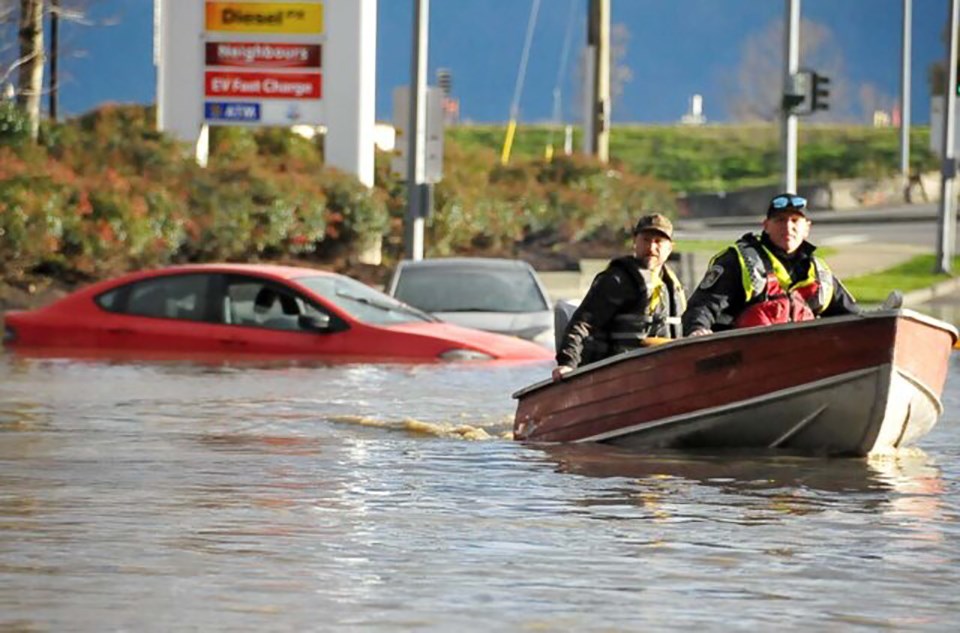The COVID-19 pandemic and recent floods in British Columbia demonstrate how plans and expectations are like building sandcastles on the beach. You can work, create and organize, however, the tide will soon leave seaweed and foamy waves where a painstakingly and proudly constructed sandcastle once stood.
On the evening news, images of cars under water and families standing on roofs waiting for help are supposed to be in Indonesia or Thailand, not Abbotsford. These are not normal images to digest.
There is a saying in the Yiddish language: “Mann tracht un gott lacht,” which translates to “Man plans and God laughs.”
These words do not ease the anxious soul. If you are prone to social isolation due to a neuropsychological condition, such as agoraphobia (an extreme fear of public places), public health leaders announcing it’s dangerous to leave your home is bewilderingly validating in an unhealthy way. Also, if you must stray into a public place, stay six feet away from other people, because they are potentially bad for your health.
The irrational, fear-governed side of me thinks, “well, yes, I told you these ages ago, and no one listened!”
A few years ago, when my life imploded like a poorly demolished building, dangerously tilting inward before finally crashing to the ground, I was diagnosed with agoraphobia and something else pathologically dangerous, self-harming thinking.
Humour must be part of the whole if we are to survive difficult, even traumatic scenarios in life.
People often suffered in silence before finding help for psychological ailments. The stigma was an unclimbable wall. Things are getting better, but still, sometimes reaching out is the hardest thing to do.
I remember being terribly ill and stuck in my home a while ago. I wanted help but was clueless where to start. I saw an ad in the newspaper for a group therapy for agoraphobics or socially impaired people.
The location for the potentially helpful meeting was a downtown office space. I remember thinking it could be helpful, except I had to leave the house and take multiple busses.
Perhaps the psychologist thought it would work and her roomful of agoraphobics would be part of her method to heal. I’ll never know.
The next day, I had to phone the number out of plain curiosity. Predictably, no one showed up.
I have since found help in abundance with psychiatry, counsellors and friends. It is a Thanksgiving Day daily, for me.
Through the lens of medication and meditation, I have found expectations and plans often fail and that is part of the process. They will fail in good times and bad. Nonetheless, the takeaway is: we have each other and the feelings which seamlessly bind us.
During wildfires in an August heat dome, or now, as we experience disaster-causing atmospheric rivers, we have seen the acts of love and bravery of our doctors, nurses and neighbours. If all we are left with is love, courage and community, that is, at least, a silver lining.
Robert Skender is a qathet region freelance writer and health commentator.


